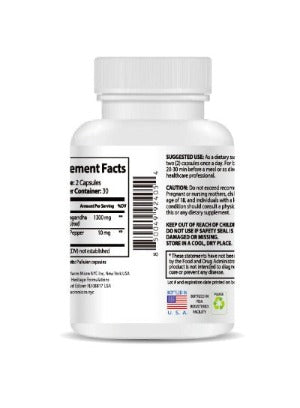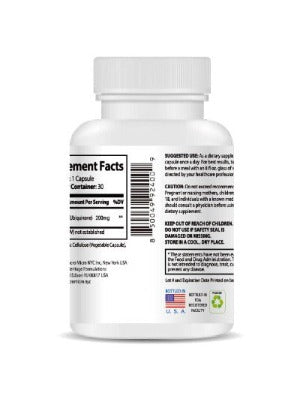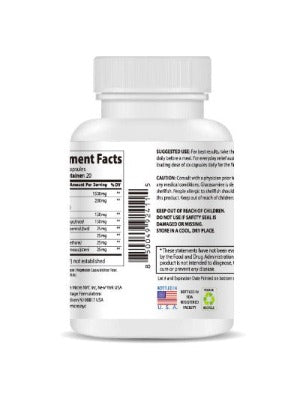The intestine is known as the headquarters of your immune system, housing around 70% of immune cells. Your diet and digestion directly impact overall health, and digestive enzymes and probiotics play crucial roles in this process.

Relationship Between Digestion and Age
Digestion is the process of converting food into energy and essential nutrients. While this process is rapid and efficient in youth, it might gradually weaken with age, leading to various digestion issues such as constipation, and GERD (gastroesophageal reflux disease), among others. Hence, maintaining a healthy digestive system is crucial for overall bodily health. Consuming sufficient probiotics can be equally important as maintaining a balanced diet, regular exercise, good sleep, and adequate hydration.
Functions of Digestive Enzymes
Digestive Enzymes, specialized proteins, play a primary role in accelerating the breakdown of food, aiding the body to absorb nutrients more effectively. These enzymes include lipase (for fats), protease (for proteins), and amylase (for carbohydrates). Insufficient digestive enzymes might result in incomplete breakdown of food, limiting nutrient absorption, and possibly causing gastrointestinal discomfort. Hence, maintaining adequate levels of digestive enzymes is crucial for intestinal health.
Role of Probiotics
Beneficial bacteria or yeasts in the gut, are vital for a healthy digestive system. They not only aid in food digestion but also contribute to maintaining gut health by balancing the gut microbiota, enhancing immunity, and potentially alleviating symptoms of certain chronic illnesses. Regular intake of probiotics through fermented foods like yogurt, kimchi, etc., plays an important role in preventing gastrointestinal diseases and boosting immunity.
Identifying Signs of Digestive Enzyme and Probiotic Insufficiency
Insufficient digestive enzymes might lead to symptoms like post-meal stomach cramps, bloating, unusual weight changes, heartburn, or headaches. Poor mood, persistent indigestion, skin issues, and abnormal weight might indicate probiotic insufficiency. Recognizing these symptoms require prompt diet adjustments and lifestyle changes.
Supplementation of Digestive Enzymes and Probiotics in Diet
To obtain digestive enzymes from the diet, consuming foods rich in natural enzymes like bananas, ginger, sauerkraut, honey, avocado, and pineapple is recommended. These foods not only promote the digestion process but also offer rich nutrients. On the other hand, probiotics are mostly obtained through fermented foods like kombucha, sour cabbage, kimchi, and plain yogurt. These food probiotics aid in maintaining gut health and balancing the microbiome. Advice on Choosing Supplements For those whose diet may not meet the daily requirements for digestive enzymes and probiotics, it would be beneficial to consider supplementation . Specific individual digestive issues and health concerns should be taken into account. For instance, lactose-intolerant individuals might opt for specific probiotic supplements. However, it's essential to remember that supplements are complementary and should not replace the core role of a balanced diet.
Conclusion
Digestive enzymes and probiotics play crucial roles in maintaining overall health and vitality. They help efficiently digest food, absorb nutrients, and maintain a well functioning immune system. Recognizing and identifying signs of a lack of digestive enzymes and probiotics are the first steps taken to reach superior digestive health. If more information is required, seeking advice from a nutritionist or doctor for personalized guidance and assistance is advisable. A healthy digestive system forms the foundation for maintaining overall health and vitality.









